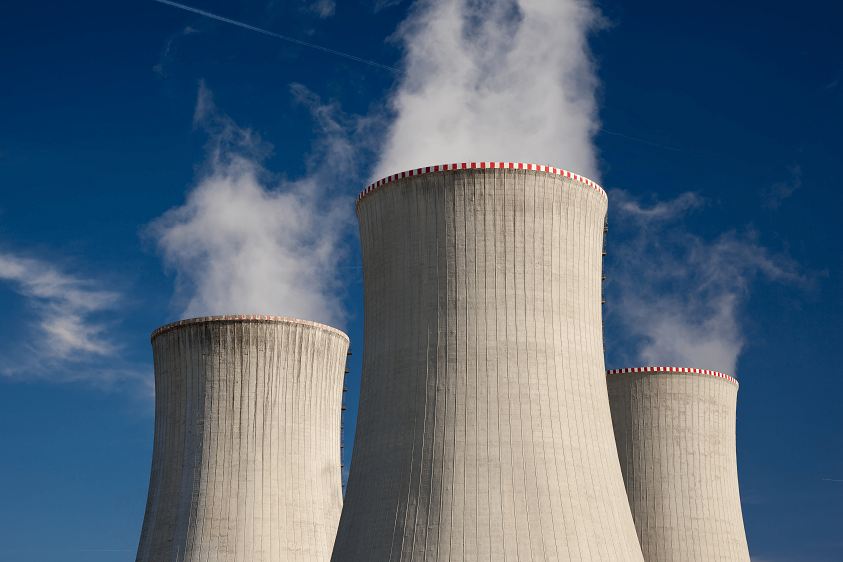Azerbaijan was recently elected to the board of the International Atomic Energy Agency (IAEA), helping cement its ties with countries that promote the peaceful uses of nuclear technology, including the United States.
“Congrats to Azerbaijan on its recent election to the board of the International Atomic Energy Agency,” the U.S. embassy in Baku posted to its official Twitter account last week. “We look forward to working together to promote the safe, secure and peaceful use of nuclear technology.”
Azerbaijan was one of 11 countries that were elected to the IAEA’s Board of Governors – one of the nuclear watchdog’s two policy-making bodies – on September 24 during a one-day meeting in Vienna. The Caspian region country will be represented on the board until 2020, alongside 35 countries including the U.S., U.K., South Africa, Brazil, Australia and Pakistan.
With its headquarters in Vienna, the board is responsible for examining and making recommendations to the General Conference on the IAEA's financial statements, program, and budget within five meetings per year. It considers applications for membership, approves safeguards agreements, and the publication of the IAEA's safety standards.
Since regaining independence from the Soviet Union in 1991, Azerbaijan has not located or developed any weapons of mass destruction (WMD), nuclear reactors, uranium mines, or chemical and biological weapons laboratories on its territory. Even the armed conflict with Armenia over the Nagorno-Karabakh region, which is an internationally recognized territory of Azerbaijan but occupied by Armenia, has not pushed the country to build a WMD-armed army.
Azerbaijan’s nuclear-related activities and cooperation with IAEA focus primarily on the peaceful use of nuclear technologies such as nuclear medicine for cancer treatments. Following IAEA Director General Yuikya Amano’s visit to Azerbaijan in April, the Nuclear Researches Center of Azerbaijan announced in May a cooperation plan for constructing a research reactor.
Azerbaijan is a signatory to the world’s major nonproliferation treaties and agreements, including the Treaty on the Non-Proliferation of Nuclear Weapons, the Comprehensive Nuclear Test Ban Treaty, the Chemical Weapons Convention and the Biological and Toxin Weapons Convention. While the country does not have any nuclear weapons programs or civil nuclear energy programs, it has teamed up with the United States on nonproliferation and defense-related activities through agreements signed in 1999 and 2005.
Following the signing of the Joint Comprehensive Plan of Action, also known as the Iran nuclear deal, Azerbaijan helped to facilitate the shipment of uranium out from Iran to Russia in 2015. The U.S. Secretary of State at the time, John Kerry, described Azerbaijan’s actions as a “key role” in the process to remove uranium out of Iran.







 Armenian sappers commenced on Monday mine-clearance operations in the territories adjacent to the Saint Mary Church in village of Voskepar (Armenia...
Armenian sappers commenced on Monday mine-clearance operations in the territories adjacent to the Saint Mary Church in village of Voskepar (Armenia...
 Iran and Pakistan have signed eight cooperation documents in various fields, and agreed to strengthen ties to fight terrorism in the region.
Iran and Pakistan have signed eight cooperation documents in various fields, and agreed to strengthen ties to fight terrorism in the region.
 President Aliyev emphasized the critical role of the North-South Transport Corridor in fostering transport cooperation between Azerbaijan and Russi...
President Aliyev emphasized the critical role of the North-South Transport Corridor in fostering transport cooperation between Azerbaijan and Russi...



